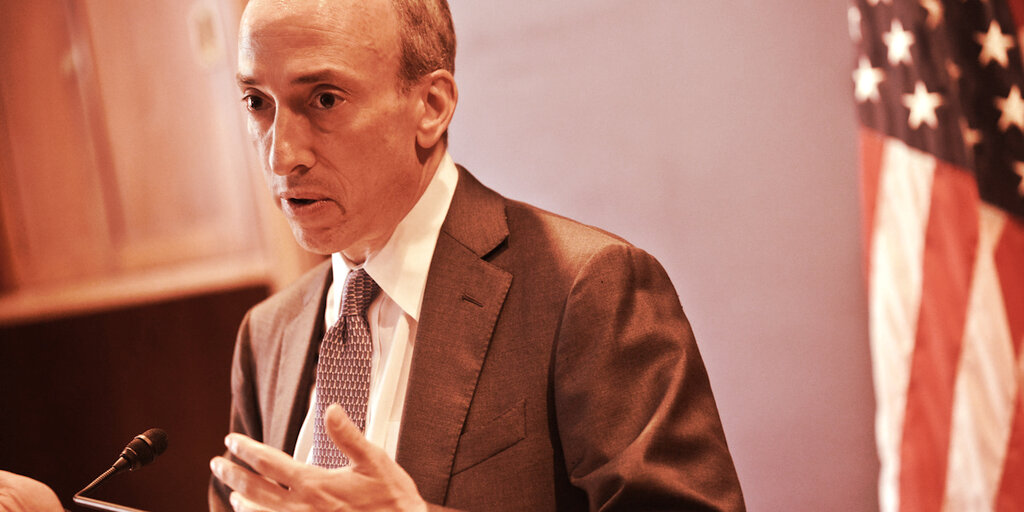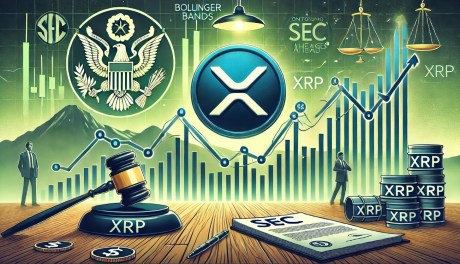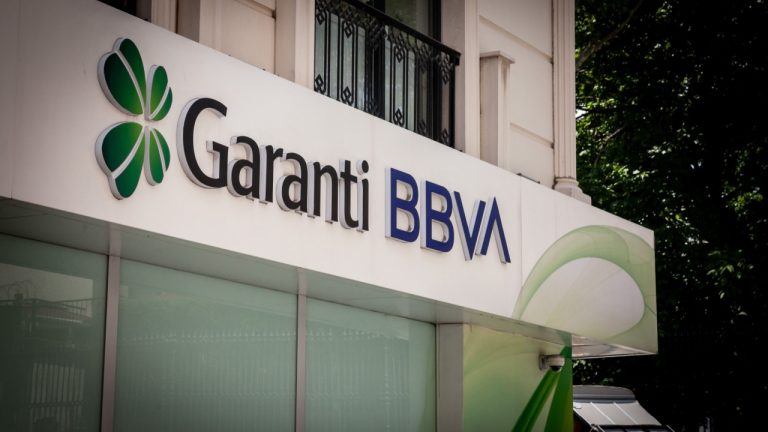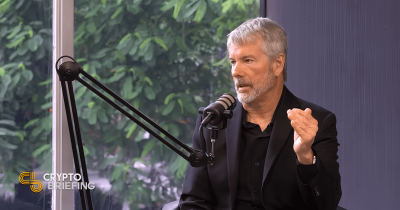The stakes in an ongoing battle between the Securities and Exchange Commission and Coinbase got higher on Tuesday as the agency's chairman, Gary Gensler, suggested the biggest crypto exchange in the U.S. may be breaking the law.
Speaking at a hearing convened by the Senate Banking Committee, Gensler observed that Coinbase did not have a license to operate as a stock exchange "even though they have dozens of tokens that might be securities."
Gensler's remark was notable given that it did not come in response to a direct question about securities, but instead as an aside while replying to a query from Sen. Elizabeth Warren (D-Ma) about whether customers could be harmed when exchanges like Coinbase go down under high trading volume.
Gensler's comments echo previous statements he has made regarding the current state of the crypto market. In early August, the SEC chair said he believed "many tokens [currently being traded] may be unregistered securities, without required disclosures or market oversight.”
His statement that Coinbase may be selling securities without a license also comes less than a week after Coinbase's CEO, Brian Armstrong, lashed out at the SEC on Twitter, accusing the agency of failing to provide a transparent regulatory regime for good actors in the cryptocurrency industry.
Armstrong's tweets came as Coinbase disclosed that the SEC had threatened to sue the company if it went forward with a plan to launch a product called Lend that would pay consumers 4% interest on their USDC stablecoin holdings. (A stablecoin is a type of crypto token that is designed to hold a steady value, often pegged to a fiat currency such as the U.S. dollar.)
Shortly after Armstrong tweeted, one of the SEC's own Twitter accounts published a video providing a basic definition of what is a security under the law—a move that many in the crypto industry interpreted as trolling Coinbase.
A spokesperson for Coinbase said the company would decline to comment for now about Gensler's remark that it might be listing dozens of tokens that are securities.
SEC Threatens to Sue Coinbase Over High Interest Crypto Product
The issue of which digital assets are securities under U.S. federal law—a designation that creates a series of obligations that include registering with the SEC—has long been a source of confusion and frustration for the crypto industry. While the SEC has issued statements that suggest that it does not consider Bitcoin and Ethereum to be securities, many other tokens fall in a grey area. The SEC has yet to create a process to quickly identify a token's legal status.
Sen. Pat Toomey (R-Pa) appeared to channel the the crypto industry's frustration during the hearing, telling Gensler, "I’m concerned the SEC hasn’t provided a sufficient definition as to how it would apply the Howey test"—a reference to a Supreme Court case that set out four criteria to identify if an investment was a security.
Toomey also pressed Gensler over how stablecoins could be considered a security since one prong of the Howey test requires there to be a "likely expectation of profit"—something that stablecoins do not provide. In response, Gensler demurred and noted that Congress had given the SEC broad scope to define securities.
Stablecoins: What Are They Good For?
It's not immediately clear what Gensler's remarks on Tuesday mean for Coinbase. The company has added over a hundred digital assets to its platform in the last few years, but has only removed one. The exchange delisted XRP after the SEC sued the cryptocurrency's creator, Ripple, for allegedly violating securities laws last year and illegally raising over $1.2 billion in XRP sales. (The case is expected to go before a judge in the coming months).
If the SEC concludes that dozens of Coinbase's offerings are indeed securities, the company would likely have to delist them and could face a series of fines and investigations. Such a development would amount to a devastating blow for the broader crypto industry, since Coinbase is arguably regarded as the most mainstream crypto firm and has long billed itself as eager to operate within the law.
Gensler bearish on cryptoWhile Tuesday's hearing touched on a range of other issues, including cyber-security and Robinhood's business model, crypto was the topic most frequently raised by the Senators in attendance.
Sen. Cynthia Lummis (R-Wy), whose home state of Wyoming has passed laws to attract crypto companies, repeated Toomey's concerns about a lack of clear rules for the sector, and asked if Gensler was in favor of responsible financial innovation.
Gensler responded that he is strongly in favor of innovation, and that the SEC has encouraged newer companies to engage with the agency. "I’ve said ‘come in' whether it’s in crypto or elsewhere," he added.
Overall, however, Gensler's tone was bearish when it came to cryptocurrency. He appeared sympathetic to Warren, who blasted the industry for high fees associated with trading and other transactions and failing to live up to its promise of financial inclusion. Gensler told Warren that the Commission needed more resources to police the industry.
“There are 6,000 projects and while some are commodities, many are securities under the law," he said. "Right now there are many individuals in this country who’ve been hurt ... There will be more [harm] since this crypto area is trying to stay outside the investor protection perimeter."
Other crypto skeptics at the hearing included Mark Warner (D-Va), a foreign affairs specialist, who warned of crypto's potential to skirt anti-money laundering laws and remarked, "Some of the things I see from intel side scare the dickens out of me."
Warner did acknowledge the crypto industry's capacity to mobilize its supporters, citing a recent dispute in Congress over the definition of brokers, and noting "for a group that says they're unorganized, I’ve never seen a group that’s got as many publication as the crypto community already has.”
All of this suggests that Tuesday's hearing and the ongoing clash between the SEC and Coinbase is likely to be a protracted battle as the regulator and Congress attempt to create rules to oversee the fast-growing crypto industry.

















